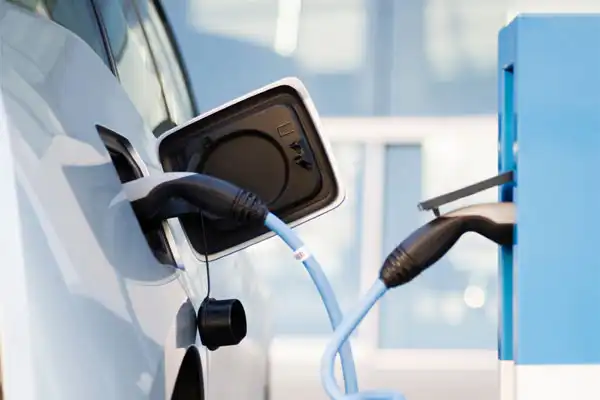
Everything You Need To Know About Choosing The Right EV Home Charging Station Congratulations, you have invested in an electric vehicle to drive around in an efficient, cost-effective way! To continue your quest toward a greener, cleaner future for our earth, you’ve also made the decision to install an electric vehicle (EV) charger in your home. An EV charger allows you to plug your car in and charge it on your own property, which means you’ll never have to worry about being stranded with a dead battery again; but what does that really entail? We asked the experts about their experience installing an EV charger at home and they delivered! Things To Take Into Account When Installing An EV Charger At Home Charging at home is the cheapest, easiest and most common way to charge an electric vehicle. For most EVs, it’s also the fastest way to refill their batteries because you can draw more power from your house than from a public charging station. Here’s everything you need to know about choosing the right EV charging station and setting it up at your residence. Charger Compatibility The first thing to consider when deciding what type of at-home EV charger to install is compatibility with your electric vehicle and charging equipment. There are three main types of chargers: level 1, level 2 and fast charging. Level 1 chargers are the slowest, taking up to 20 hours for a full charge; level 2 chargers are 5 to 7 times faster for fully electric cars and up to 3 times more rapid for hybrids, and fast chargers take 30 minutes to an hour to charge an EV battery pack. Maximum Charging Rate When deciding what charger to purchase for your EV, consider that chargers that supply more power than your vehicle’s charging rate can waste money. For example, if you have a car that charges at 6 kilowatts and buy a charger that supplies 20 kilowatts, the excess 14 kilowatts will ultimately be wasted. Find out your vehicle’s charging rate to ensure that you purchase the right charger for your needs. Installation Types There are generally two installation methods for EV chargers: hardwired or plug-in. Plug-in chargers are typically easier to install and don’t require additional electrical wiring. On the other hand, hardwired chargers are more secure because power is directly supplied to the car, and it is less likely that a power outage will interrupt charging. Moreover, hardwired chargers provide consistent connection and a wide range of charging speed options that are not available with plug-in chargers! Contact Us Today To Learn More About Our EV Charging Station Installation Services! Keep Smiling Plumbing & Electric provides high-quality electric vehicle charging solutions for residents in and around East Atlanta. Check out our satisfied customers’ reviews to understand why we are one of the most sought-after plumbing and electric companies in GA. Our company is knowledgeable and always ready to help you at a moment’s notice. Browse through our special offers and contact us to make an appointment today!

